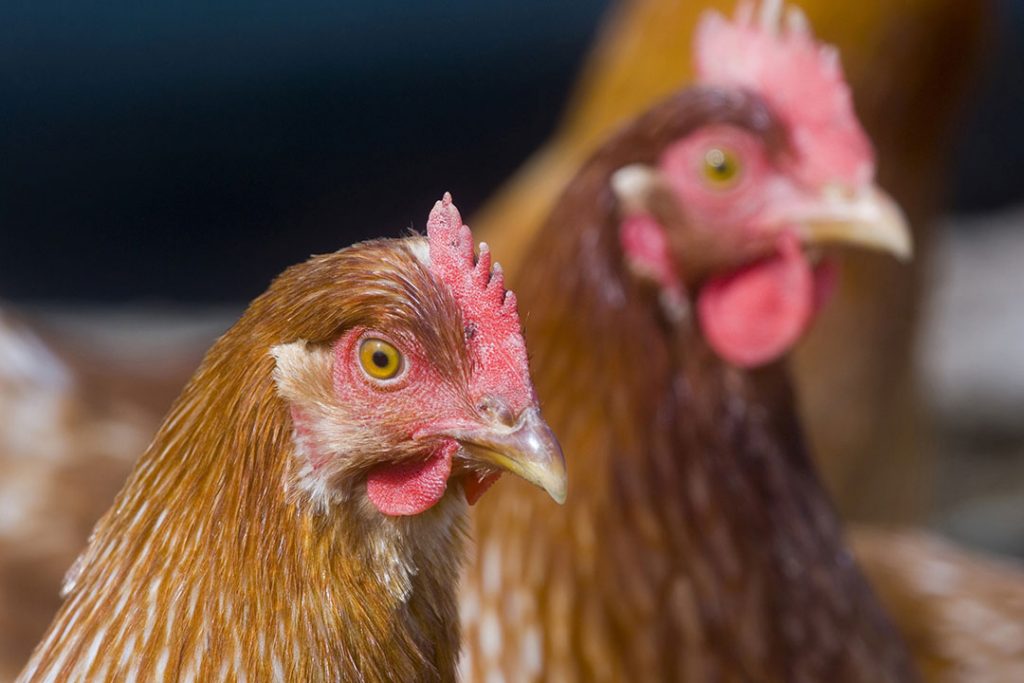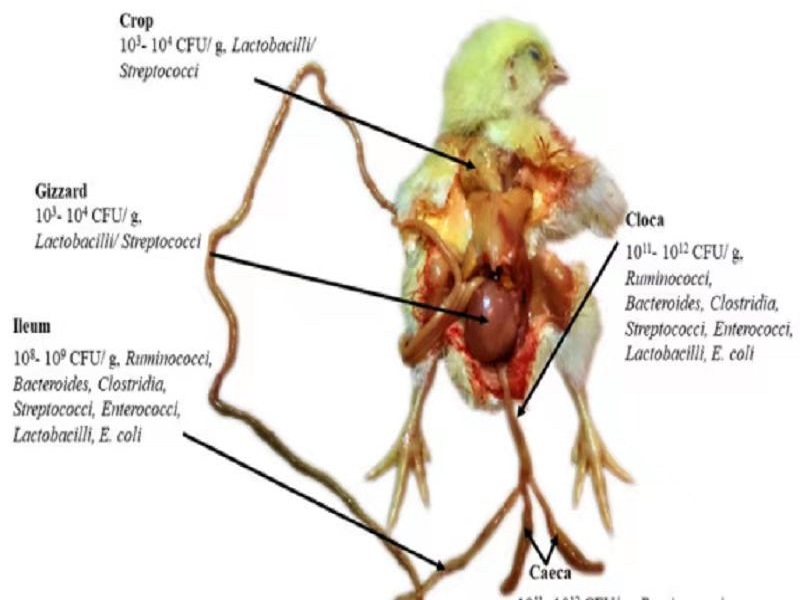The livestock feed industry has been continuously affected by the "double epidemic" of African swine fever and COVID-19, and it is also facing the "double" challenge of multiple rounds of price increase and comprehensive prohibition. Although the road ahead is full of difficulties, the animal husbandry industry is also actively promoting its own transformation and upgrading and jointly promoting the development of the industry. This paper mainly discusses how to improve the activity of digestive enzymes in poultry intestine, promote intestinal development and improve the structure of intestinal flora
Intestinal tract is an important organ for poultry to digest and absorb nutrients. Intestinal digestion is mainly carried out through enzymatic reactions (exopeptidase, oligosaccharide enzyme, lipase, etc.); Small molecular nutrients produced by enzymatic reaction pass through the intestinal epithelial layer and are absorbed by intestinal cells.
The intestine is also a natural barrier to protect poultry from food antigens, pathogenic microorganisms and their harmful metabolites, and maintain the stability of the internal environment. Intestinal barrier consists of mechanical barrier, chemical barrier, microbial barrier and immune barrier to jointly defend against the invasion of foreign antigenic substances. Mechanical barrier (physical barrier) refers to complete intestinal epithelial cells closely connected with each other; Chemical barrier is composed of mucus, digestive juice secreted by intestinal mucosal epithelial cells and antibacterial substances produced by intestinal parasitic bacteria, which can inhibit or kill pathogenic microorganisms; The biological barrier is composed of the colonization resistance of intestinal resident flora to pathogenic bacteria and the accumulation between bacteria; Immune barrier is the largest lymphoid organ and important mucosa related lymphoid tissue. Therefore, breeding is to raise the intestinal tract, and ensuring intestinal health is the key to healthy breeding without resistance.
Acid has the effects of acidification and bacteriostasis, and plays an important role in healthy poultry breeding. Common organic acids include simple carboxylic acids (formic acid, acetic acid, propionic acid and butyric acid), carboxylic acids containing hydroxyl groups (lactic acid, malic acid, tartaric acid and citric acid), short chain carboxylic acids containing double bonds (fumaric acid and sorbic acid) and inorganic acids (phosphoric acid) (s h Khan and j Iqbal, 2016). The acidification and bacteriostatic ability of various acids are different, for example, formic acid has the strongest bacteriostatic ability; Among the acids per unit weight, formic acid has the strongest hydrogen supply capacity; Propionic acid and formic acid have strong anti mildew effect. Therefore, when selecting acid, it should be scientifically proportioned according to the properties of acid. A large number of studies have shown that adding acid preparations to diet can improve and promote intestinal development, improve the activity of intestinal digestive enzymes, improve the structure of intestinal flora, and help healthy breeding without anti Japanese food.
In conclusion, acid preparation has important value in ensuring the intestinal health of poultry. When applying and selecting acid, attention should be paid to the composition, proportion, content and process of acid preparation to ensure the safety, stability and value of products.
Post time: Oct-13-2021







